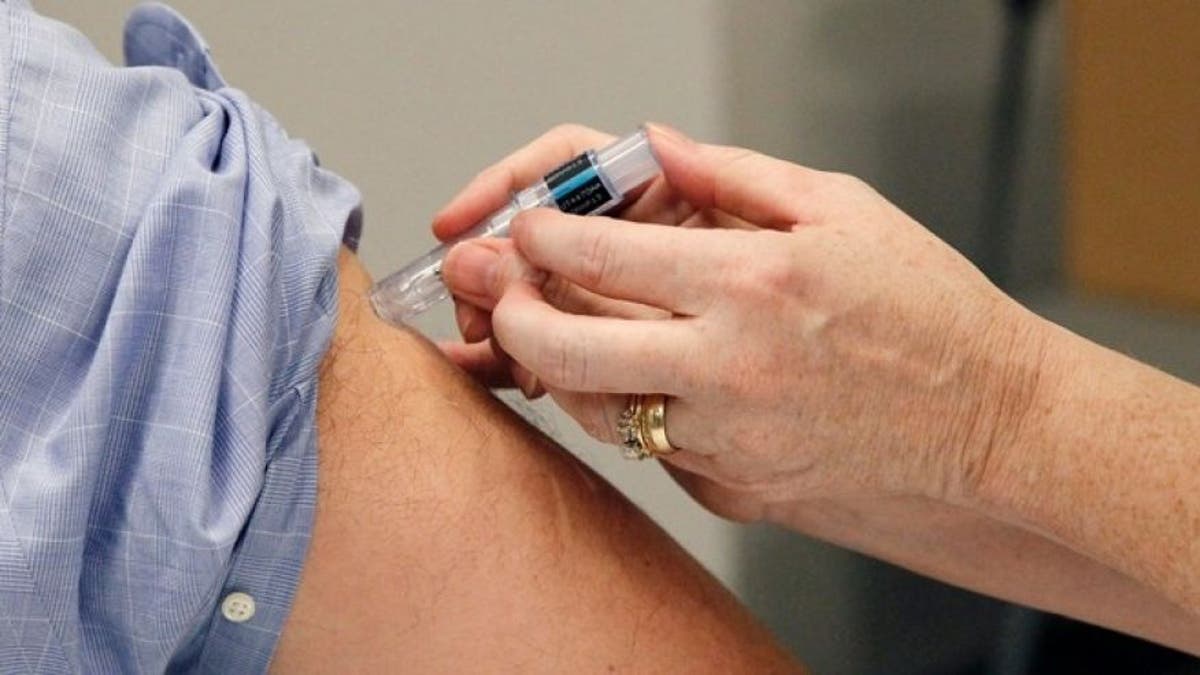
When certified nursing assistant Barnell Williams was told she needed to get the flu vaccine for her job in the fall of 2016, she refused, citing religious beliefs that her body was a "Holy Temple."
Her now former employer, Lasata Care Center, a nursing home in Cedarburg, Wisconsin, allowed employees to be exempt from an annual flu shot if they provided a written note from their clergy leader in support of their request. Those who were exempt had to wear a protective mask while interacting with patients during flu season.
At the time, Williams did not belong to a specific church or religious organization. She informed Lasata that documentation would not be possible ahead of their Oct. 25, 2016 deadline. So, her request was denied and she eventually agreed to the influenza vaccine.
On Tuesday, the Department of Justice (DOJ) filed a religious discrimination lawsuit, which seeks unspecified damages for Williams' "pain and suffering," against Ozaukee County, which owns the care facility.
"She submitted to the flu shot, despite her religious objections, because she was told that her refusal would result in her termination," the DOJ explained in a statement.
After getting the shot, despite the fact that her "religious belief that Bible-based scriptures prohibited" such vaccinations, Williams reportedly became "emotionally distraught."
"Williams suffered severe emotional distress from receiving the flu shot in violation of her religious beliefs, including withdrawing from work and her personal life, suffering from sleep problems, anxiety, and fear of 'going to Hell' because she had disobeyed the Bible by receiving the shot," the lawsuit stated.
The suit alleges Lasata's policy involving religious exemptions violated Title VII of the Civil Rights Act of 1964, a federal law that prohibits employers from discriminating against employees based on gender, sex or religious beliefs.
"The policy on its face denied religious accommodations to employees, like Ms. Williams, who do not belong to churches with clergy leaders," the DOJ says.
Acting Assistant Attorney General John Gore for the Civil Rights Division said employees should not have to choose between "practicing their religion and keeping their jobs."
“Employers should take care not to craft policies that disfavor individuals because of their sincerely held religious beliefs or practices in violation of Title VII," Gore said in an online statement.
Lasata has now eliminated the rule that employees must provide proof from a member of a clergy to avoid a vaccination.
The Chicago District Office of the Equal Employment Opportunity Commission (EEOC) was first to investigate Williams' complaint and then referred it to the DOJ for litigation, according to the DOJ.
